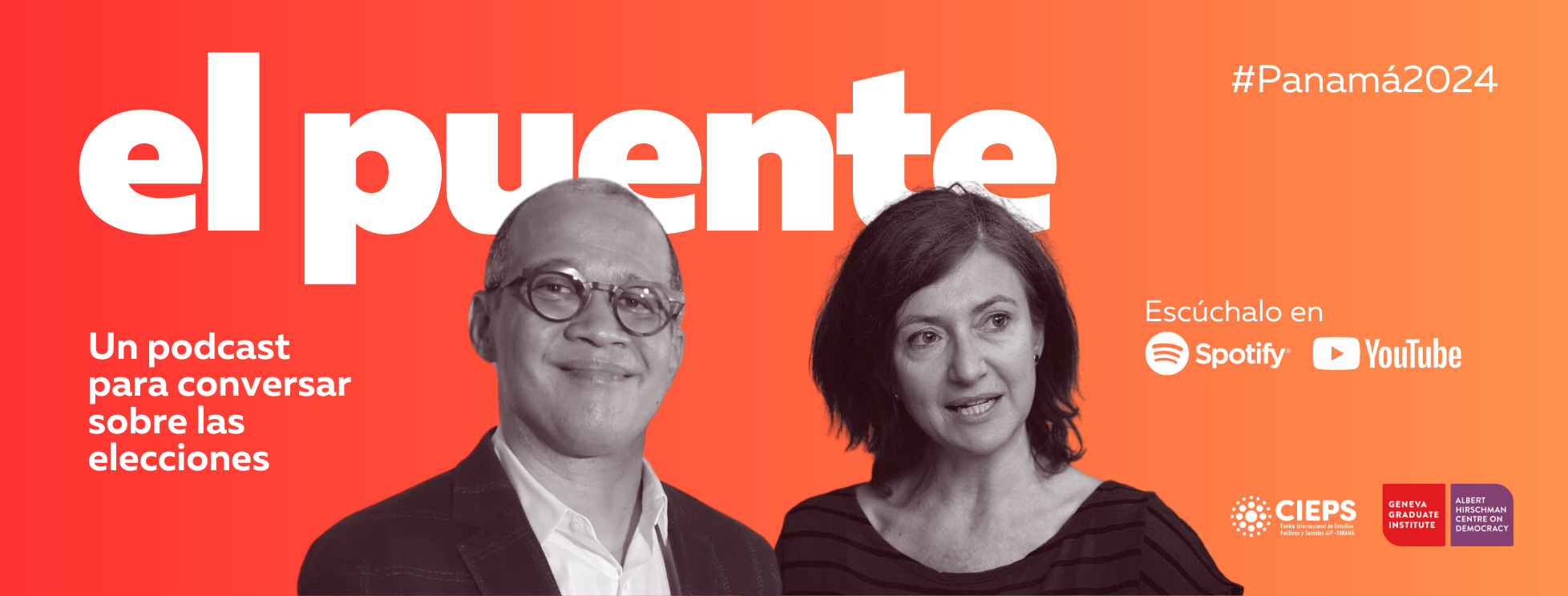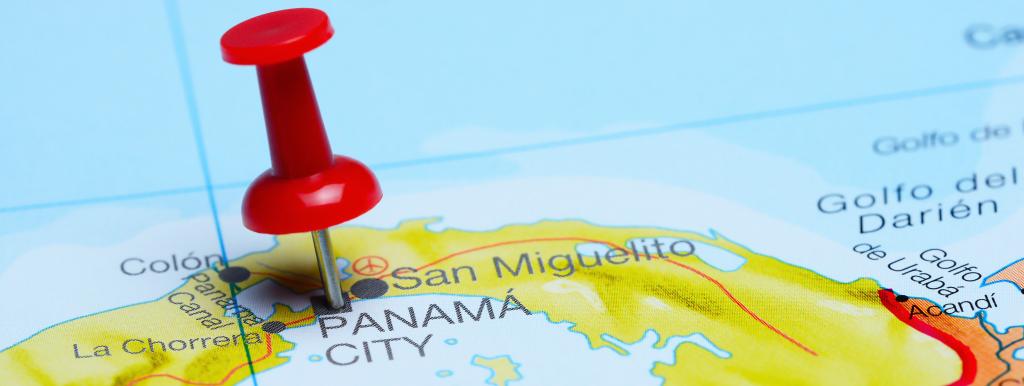
On 5 May 2024, Panama will hold general elections. This will be the seventh electoral call that the country has experienced since the reestablishment of democracy in 1989, after the United States invasion. Through the podcast El Puente (the bridge), the International Center for Political and Social Studies (CIEPS-AIP) in alliance with the Albert Hirschman Democracy Centre seeks to link the academy with Panamanian society, and offer information about the country’s young democracy to a broader public (in Spanish).
This podcast seeks to provide the general population with tools to understand what this electoral event means for democracy in Panama, for Central America, and for the Latin American region in general. It will be broadcasted on different sound platforms and on YouTube. This task of disseminating knowledge in the field of social sciences is under the direction of the Panamanian political scientist Harry Brown Aráuz, director of CIEPS, and Yanina Welp, an Argentinian political scientist based at AHDC. This podcast season started at the beginning of June and is expected to host episodes dedicated to various electoral-related issues until mid 2024.
According to the law, every five years, Panamanians choose the President and Vice President of the Republic. On this occasion, they will also elect 71 deputies of the National Assembly, 20 deputies of the Central American Parliament (Parlacen), 81 mayors, 701 representatives of corregimientos and 11 councilors, all with their respective alternates, for the constitutional period that runs from July 1, 2024 to July 30, 2029.
The political parties recognized by the Electoral Tribunal will compete for positions. These are the Democratic Revolutionary Party (PRD), Popular Party (PP), Panameñista Party (PAN), Alliance-Party Democratic Change (CD), Realizing Goals (RM), Movement Another Way (MOCA) and Social Independent Alternative Party (PAIS). Three more candidates will run for the presidency by free postulation (“libre postulación”, a procedure that allows a maximum of three candidates to run as independents if they reach the requested number of signatures in support).
The first episode is aimed at analyzing the primary elections of the parties, which in Panama will take place between the months of June and July. This episode included the participation of the renowned political scientist Flavia Freidenberg, a researcher at the Institute of Legal Research of the National Autonomous University of Mexico (UNAM) and member of the Red de Politólogas.


